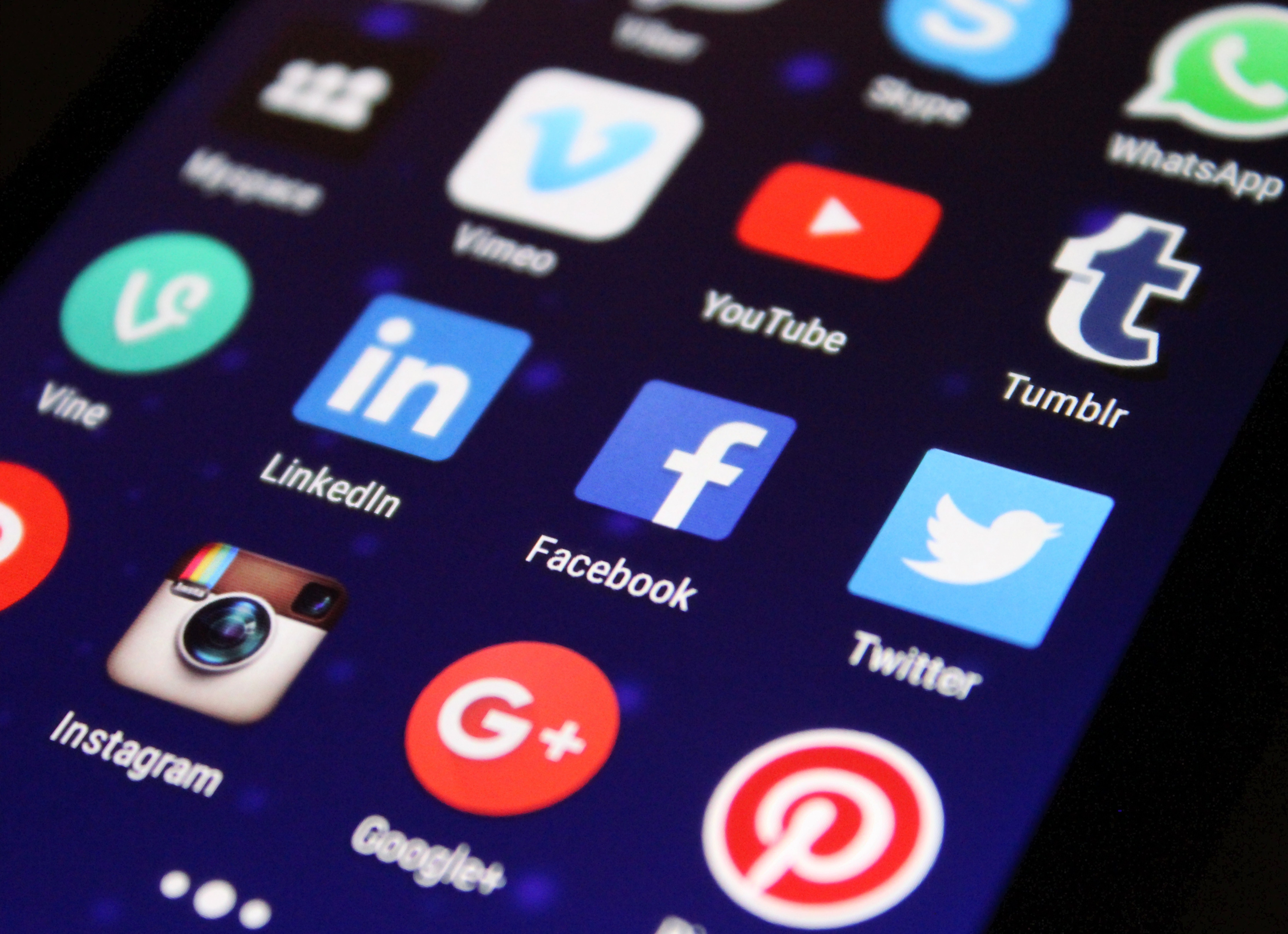Social media apps like Facebook, Twitter, Instagram, and TikTok have become an integral part of our daily lives. They enable us to connect with friends and family, stay up to date on news and events, and share our thoughts and experiences with others. However, as these platforms have grown in popularity, so too have their negative effects on society.
One of the biggest concerns is the spread of misinformation and fake news. Social media platforms have become a breeding ground for conspiracy theories, hoaxes, and propaganda. Algorithms that prioritize engagement over accuracy have made it easier for false information to spread rapidly, causing confusion and division among users.
Another issue is the impact of social media on mental health. Studies have shown that excessive social media use is linked to increased levels of depression, anxiety, and loneliness. The constant pressure to present a perfect image online can also contribute to low self-esteem and poor body image.
In addition, social media apps have been criticized for their handling of user data and privacy. Many of these platforms collect vast amounts of personal information from users, including their browsing history, location, and online behavior. This data can be used for targeted advertising, but also raises concerns about surveillance and the misuse of personal information.
Finally, social media apps have been criticized for their role in promoting online harassment and hate speech. Trolls and cyberbullies can use these platforms to spread hate and abuse, often targeting vulnerable individuals and communities.
In conclusion, while social media apps have many positive aspects, it’s important to acknowledge the negative impact they can have on our lives and society as a whole. It’s crucial that these platforms take steps to address issues like the spread of misinformation, mental health, data privacy, and online harassment, and that users approach social media use with a critical eye and a focus on balance and self-care.
